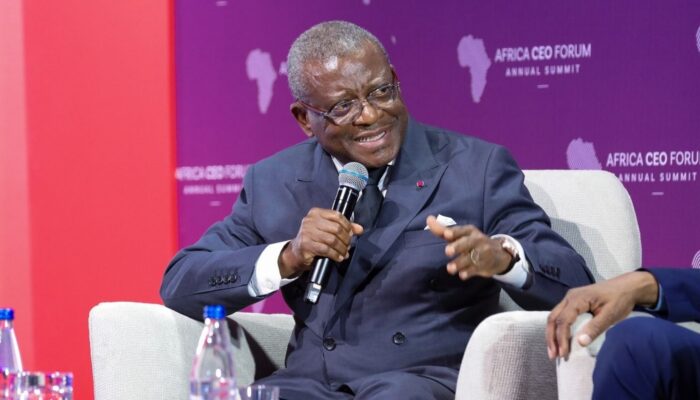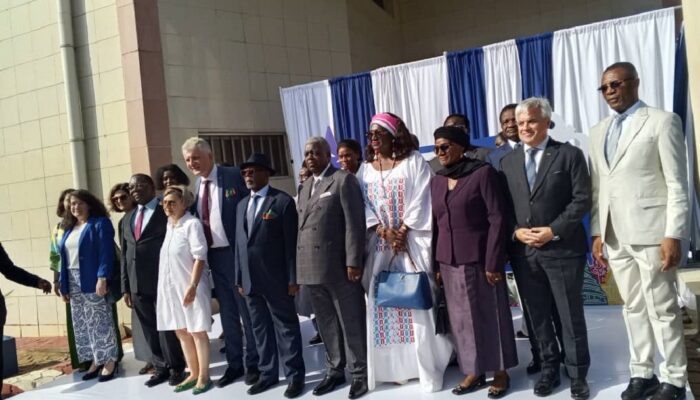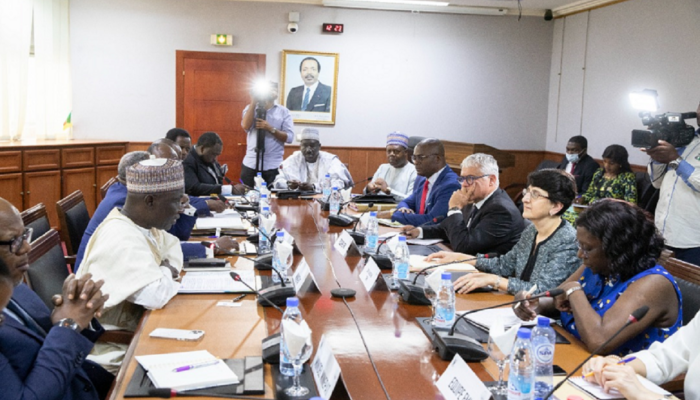This is what is revealed in the 2023 activity report for Central Africa published by the French Development Agency, which claims an investment of 1.1 billion euros in Cameroon.A major pillar of CEMAC economies, Cameroon received 43% of the 2.7 billion euros of the portfolio of projects executed as of December 31, 2023 by the French Development Agency in Central Africa. In detail, the governance sector captured more than half of the budget, or 55% of the envelope allocated to Cameroon; 21% was granted to infrastructure and urban development; 13% to agriculture and food security; 10% to the education, employment and training sector; while other sectors such as health, water and sanitation captured 0.5% respectively.

Located at the crossroads of West and Central Africa, Cameroon is historically one of the most important countries of intervention of the AFD group in Africa. In the distribution of commitments by tool in 2023, the report highlights that the funds invested in Cameroon come from 51% sovereign loans; 38% of the envelope is drawn from C2D funds with a strong emphasis on the C2D Regional Capitals program; 7% is drawn from the Grants 209 program while the other delegators including the European Union support 3% of the invested budget and NGOs only 1%. Although Cameroon concentrates the largest share of investments, thanks to the funds disbursed by the French development agency, many sectors have experienced positive changes in Central Africa.
In the agricultural sector, 250,000 family farms were supported in Cameroon; 19 forest concessions were equipped with a traceability application to improve sustainable forest exploitation in Gabon. In the urban development sector, 57 kilometers of urban roads were built or rehabilitated in 5 secondary cities in Cameroon, which had the impact of improving the quality of life of 1,800,000 inhabitants spread across the 5 cities; and 150,000 people saw their living conditions improve in Brazzaville in Congo
Further on, the health sector has also seen significant progress. In this respect, 8,200 survivors of sexual and gender-based violence have been welcomed and cared for in the Central African Republic; in Cameroon, 571,006 women have benefited from the Health Check, which has made it possible to provide improved care throughout the phases of pregnancy, childbirth and even post-natal monitoring for these women and their children. In Gabon, the rehabilitation of 8 departmental hospitals has helped provide quality health care to 46,000 people. In the field of investments relating to the education and vocational training sectors; by the end of 2023, 1,000 young people have been trained in 6 education, training and apprenticeship centers in Congo.
As part of the C2D Education project, 37,200 teachers were recruited in Cameroon and 46,000 people were trained by the National Institute for Professional Preparation in the DRC between 2009 and 2020. In the water and sanitation sector, 350,000 people now have improved access to drinking water in Congo; and 400,000 people benefit from improved access to drinking water, sanitation and hygiene in Kinshasa.
Overall, the AFD Group contributes to implementing France’s policy on sustainable development and international solidarity. Composed of the French Development Agency (AFD), responsible for financing the public sector and NGOs, research and training; its subsidiary Proparco, dedicated to financing and supporting the private sector; and Expertise France, a technical cooperation agency, the Group finances, supports and accelerates the transitions necessary for a fairer and more resilient world.






